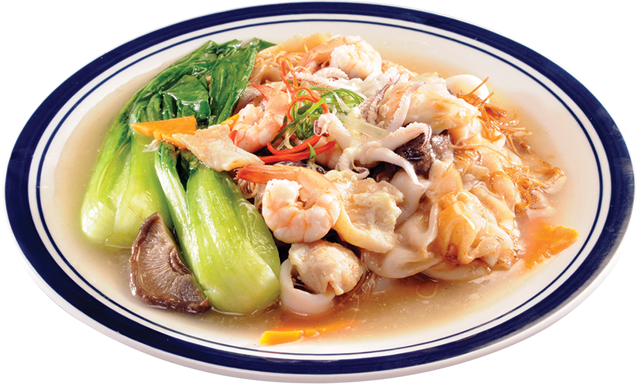We used to appreciate the value of food in terms of the amount of nutrients they contained: protein, iron, vitamins, carbohydrates, lipids, calcium, and others. But Orientals have a different philosophy on food.
They prefer to observe the human behavior after the food is in the body. Some foods activates the metabolism, others slow it, some foods generate heat in the body, others slows down the thermal process, certain foods dry more, some feeds our kidneys, others the liver, pancreas, spleen or heart.
The basic principle of oriental food teach us to eat in accordance with what we are. For the Chinese people there are no general diets applicable to all, or to a class of people – eg those touched by a disease.
In the Chinese tradition conception, every person has a unique constitution, so its nutritional needs are strictly individual. A person accumulates a complex principles generally opposing each other: excess-deficient, warm-cold, violent-slow, dry-hydrated.
The ratio of the two principles that are installed in the body cause imbalances in body, an element or a chain of bodies. The art of harmonizing these patterns determine the proper diet to an individual, a certain state of health or illness.
What is very suitable for a person could be destructive for another, exercising influence through traditional means is not chemical, but functional.
As a result, while a European product is labeled with an indication of the content of calories, protein, fat, carbohydrates, lipids, etc.. on the label of a Chinese product we can read references to the fact that sardines are neutral in terms of temperature, as they taste salty or sweet, that feed blood, helps eliminate water from the body and have beneficial effects on the liver and heart.
For example, we refer to the temperature. Oriental concept does not mean that such foods should be cold or hot, but the effect they have on the metabolism after the initial digestion.
Specifically, some foods warm while others cool. Cucumbers, tomatoes and yogurt, for example, cool, while pepper, garlic and lamb producing heat. Fish is somewhere in between.
This means that a person with a “hot” constitution should be balanced with “cold” food (fruit and raw vegetables, fish) and vice versa, the person with the “cold” constitution will consume meat, cooked vegetables, ginger, garlic, and so on.
Chinese people, in case of cold, choose food after different coordinates
In the case of colds, the cure is in your own kitchen: mint tea, or elder flowers, a pumpkin soup, celery or carrots. The same cold can be aggravated by eating “hot” food or those that affect congestion, such as meat or dairy.
If cold is manifested by tremors and pain, stop the hot water bottle. Drink tea instead of ginger or onion soup. “Cold” foods, such as fruits or salads, and the body will slowly start to recover.
If we eat in Oriental style, there are no generally valid rules which, unlike the European concept refers not to the diet, but to the way we eat:
1. Eat only what we really enjoy and delight. Thoughts “unsightly” do not fall well in the stomach.
2. Relax. The table is bound by a more comfortable position. Inspiring food aroma can help stimulate gastric juices.
3. Chew well and eat slowly. The stomach has no teeth. Hard food result in operations for which the stomach is not technically equipped.
4. It is advisable to drink water with half an hour before meals. During the meal, eat, don’t drink, unless is strictly necessary.
5. Do not eat neither cold nor hot. The digestive system is happy to receive food at the body or atmosphere temperature. Ice and hot is bad.
6. Don’t eat too much. Introducing as much as he can swallow in the digestive system, we force it to work harder than for how it was programmed.
7. Eat food from your area. Food brought from another area does not resonate with our body needs. Harmony between man and his environment is mandatory.
Chinese tradition puts more value on these simple principles. We have no reason to underestimate them, only for their simplicity. Conversely, many times what is was more elementary is more valuable than something sophisticated.

